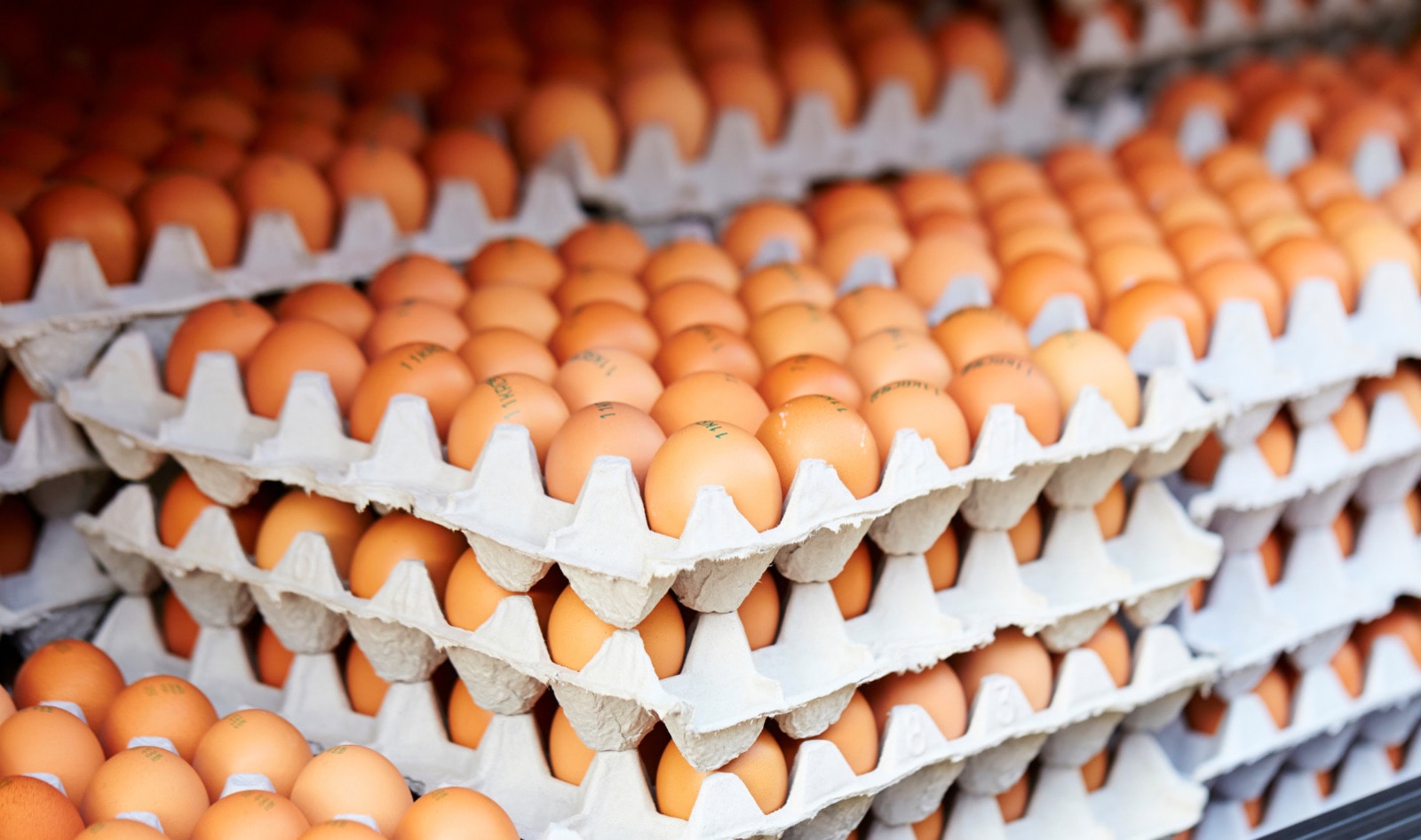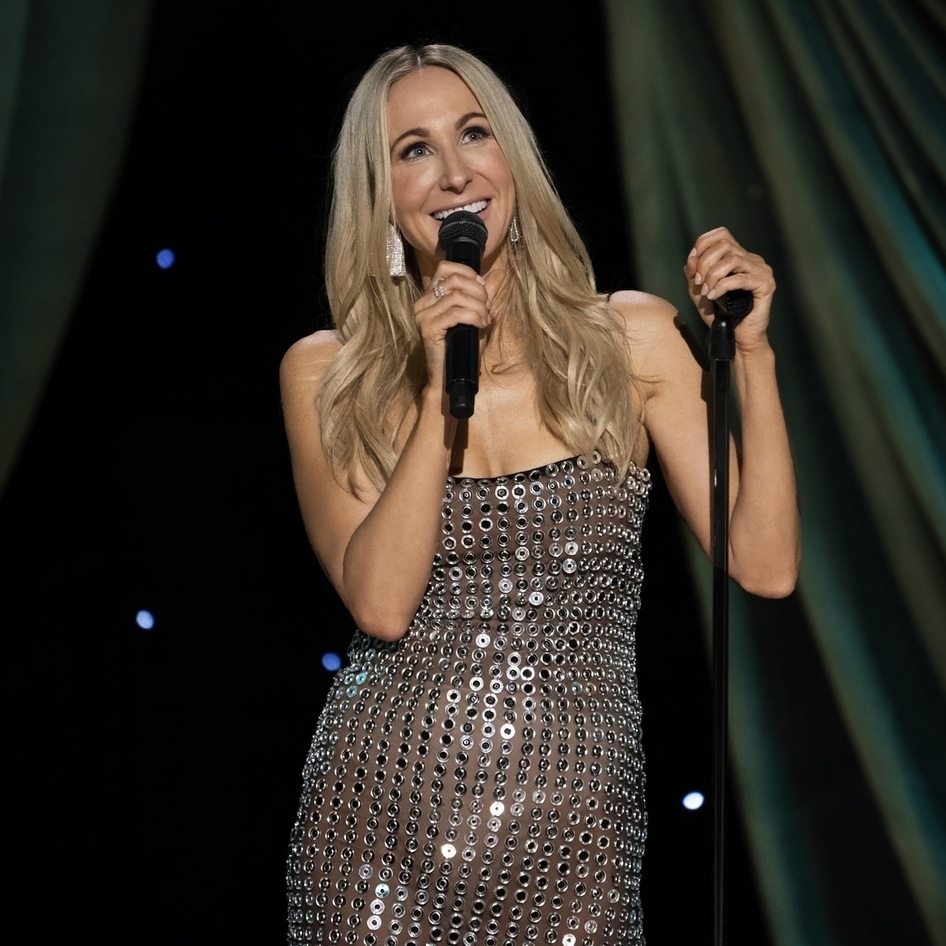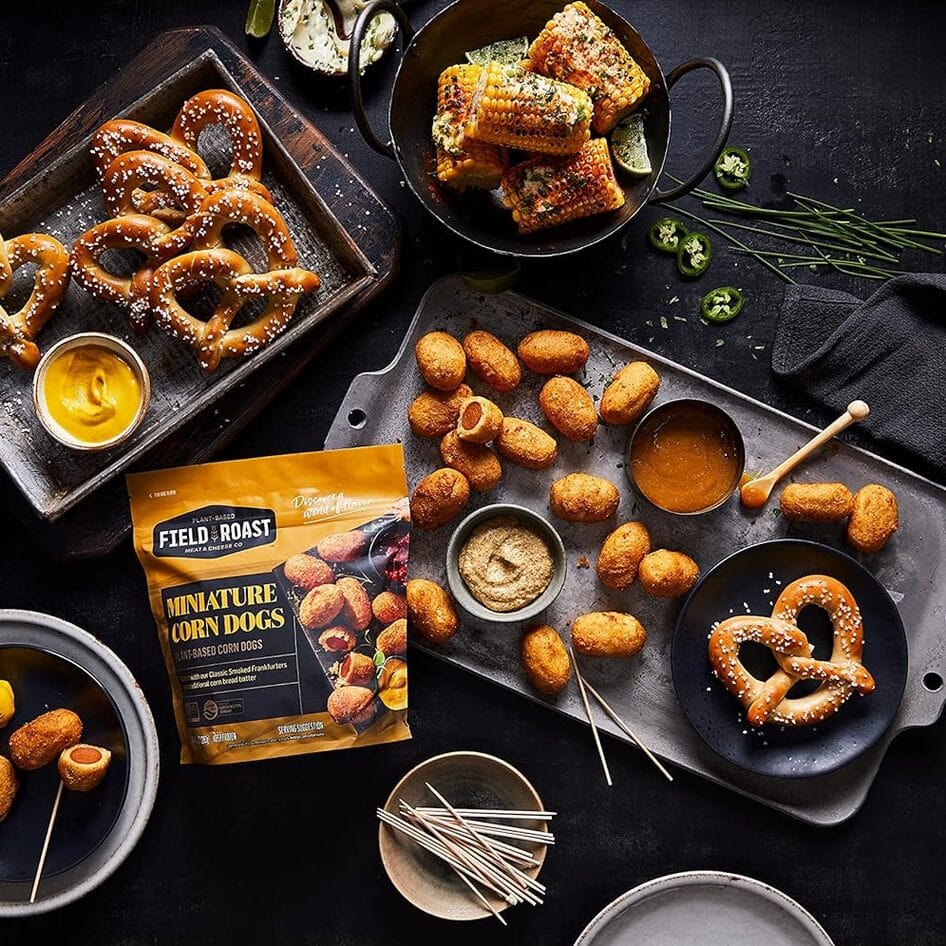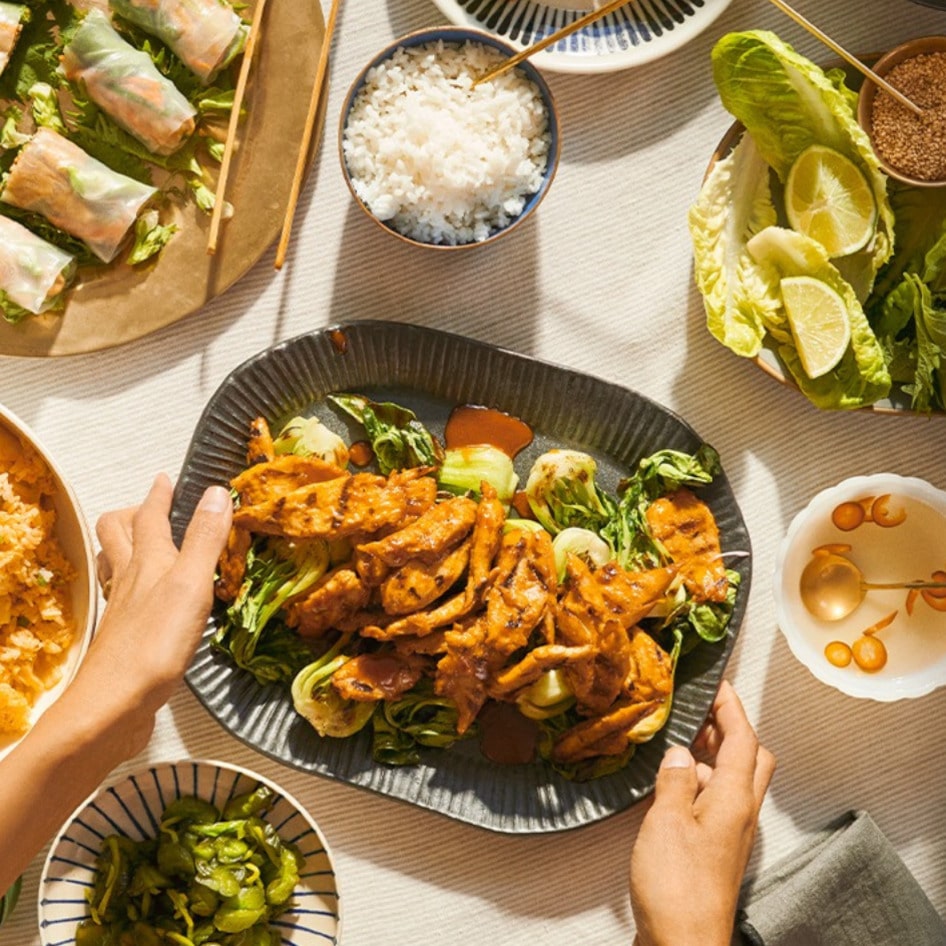Eggs are a global staple. In the US alone, the average person eats nearly 300 chicken eggs per year. That said, this number may now be lower, given disruptions from rising costs and bird flu. But what many people don’t realize is the harsh reality behind where their eggs come from.
Earlier this year, comedian Nikki Glaser narrated a campaign for the Open Wing Alliance—a coalition of more than 90 animal welfare and supply chain reform organizations—that documented the state of egg farms in 37 countries. “From North America to Asia, Europe to Africa, South America to Australia—no country, no company using cages is safe from what we found,” she said.
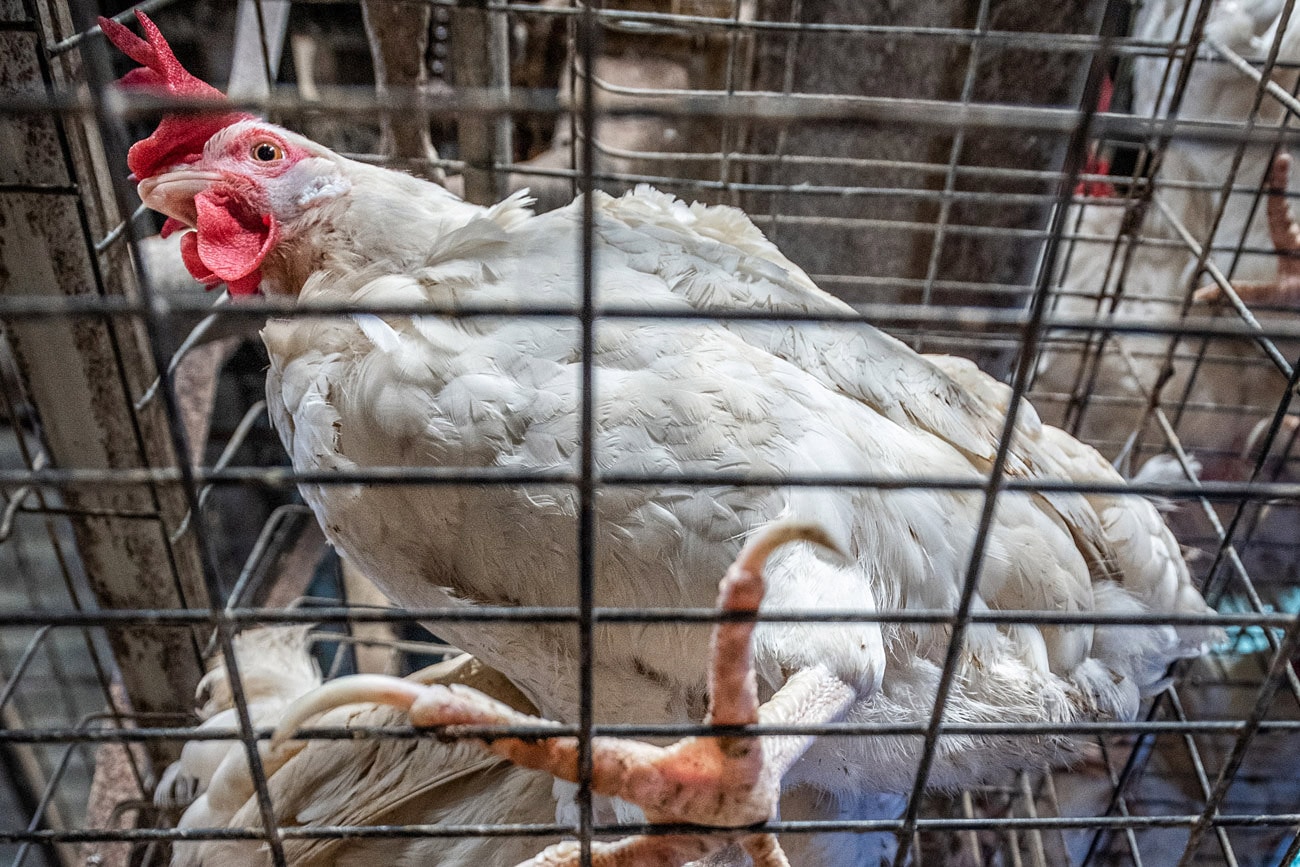 Unsplash
Unsplash
According to World Animal Protection, of the eight billion hens used in egg production around the world, around 60 percent of them are kept in restrictive cages. In the US, two-thirds of hens are kept in cages.
Caged hen farms are often supported by taxpayer money. According to The Humane League, the founding member of the Open Wing Alliance, in the US, the government has given more than $1 billion to egg companies as they battle with bird flu. A disease that, for the record, spreads far more easily among hens in confined, factory farm conditions.
But this isn’t what most consumers want. In fact, research suggests that around 70 percent of people consider animal welfare when they purchase food.
But things might be changing, states a new report from the Open Wing Alliance.
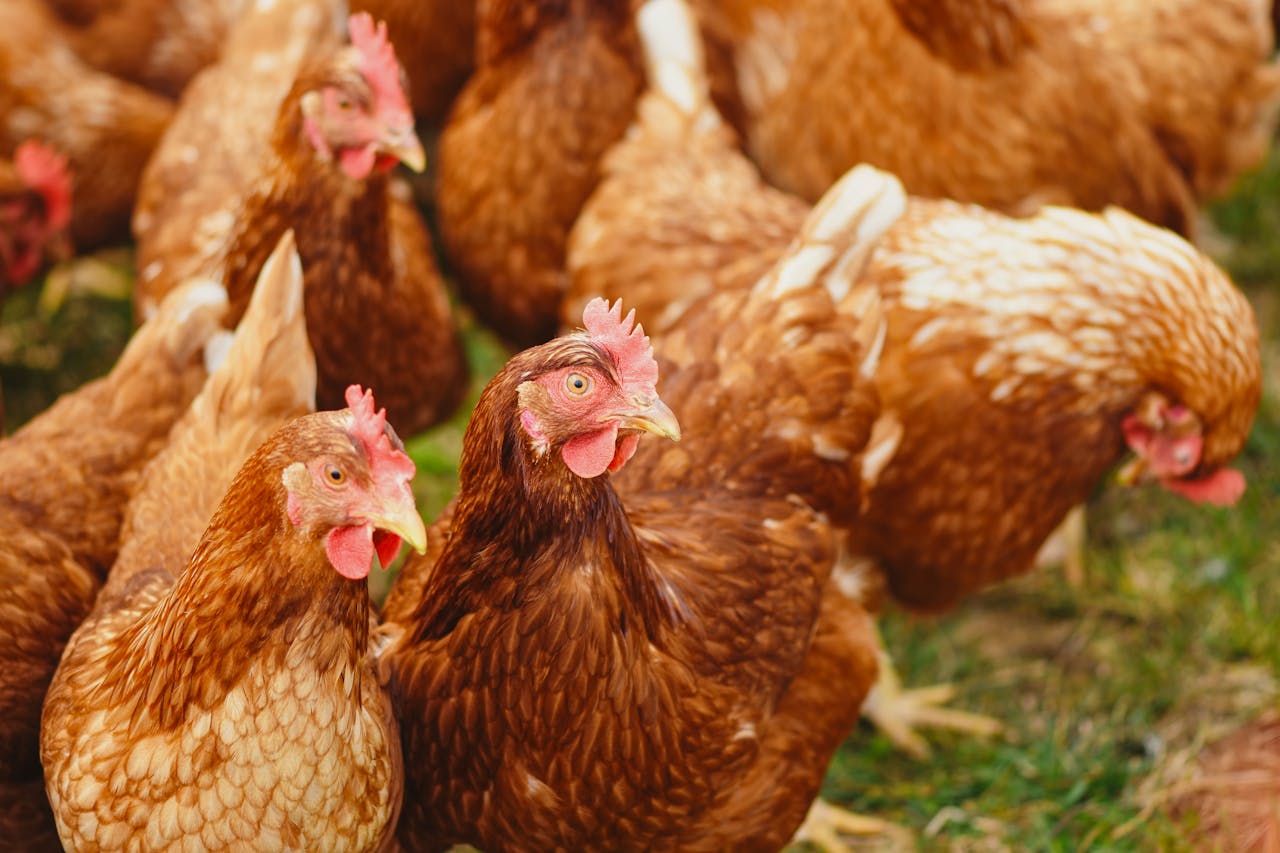 Pexels
Pexels
BECOME A VEGNEWS VIP: Get exclusive product deals, freebies, and perks galore!
More than 3.3 million hens are now cage-free
The 2025 Cage-Free Egg Fulfillment Report has revealed that 92 percent of corporate cage-free egg commitments, impacting around 3.3 million hens, have now been completed. The report specifically tracks the more than 1,100 food corporations that pledged to go cage-free by 2024 or earlier.
Major companies that have fulfilled their pledges include Viking Cruises, Lai Sun Dining, Spur Corporation, and Conagra Brands. Last year, 89 percent of companies had fulfilled their commitments.
According to Hannah Surowinski of The Humane League, this news represents a “seismic shift” in the egg industry.
“From global hotel chains to local restaurants, companies across the world are not just making cage-free commitments—they’re actively transitioning their egg supply chains away from the use of cages,” she said in a statement. “And that’s transforming the well-being of millions of egg-laying hens.”
Now, eyes are on the companies that have pledged to go cage-free by 2025. According to the new report, there are nearly twice as many commitment deadlines this year as all previous years combined.
“A commitment alone is no longer enough,” says Surowinski. “Consumers are demanding proof of cage-free progress from corporations. Transparency is what separates the leaders from the laggards.”
For more plant-based stories like this, read:
JUMP TO ... Latest News | Recipes | Guides | Health | Subscribe

